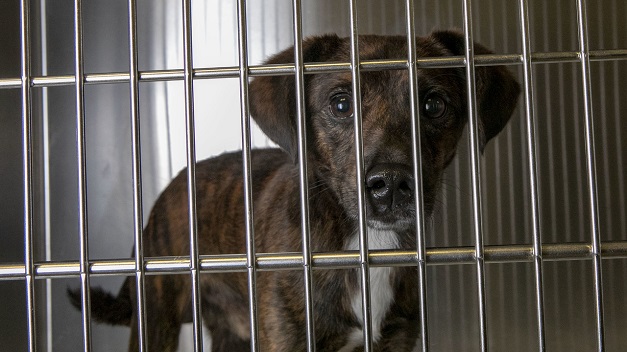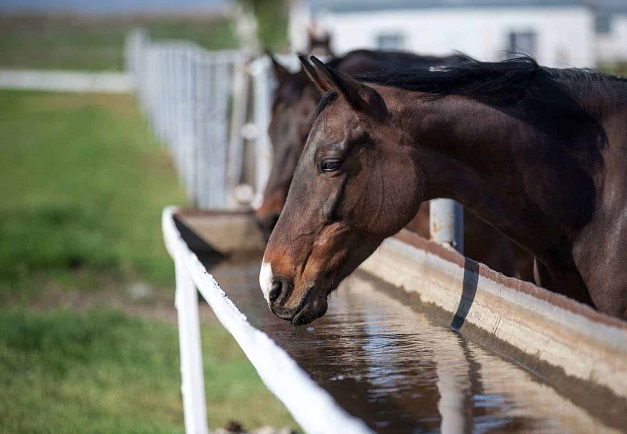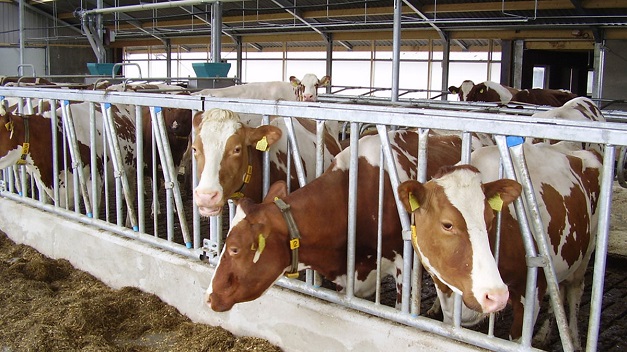Basic, Yet Important Details on How to Properly Take Care of Livestock
The animals we humans have domesticated and managed to use for our various needs have played a huge role in the development of civilization as we know it, with cattle being singled out as probably the most important link in this chain. In light of that, the least we can do is treat them right. And while it is true that every animal has its own requirements, there are some basic things and needs that are common for all livestock.

Provide Them a Good Shelter
Since there are four different weather seasons, farmers need to protect their livestock properly and on time. Speaking of which, the most basic part of caring for livestock is providing them with a good shelter. Milk producing livestock like cows, pigs, and goats can get frozen teats if left outside on cold winter nights. Additionally, this can result in lower milk production which won’t be beneficial for the business. If properly sheltered, you can expect the animals to be happy, more productive and relaxed.
Now, when it comes to creating the right shelter, they can come in different forms and types. For instance, there are barns and pole sheds, tree belts and thickets, as well as solid and semi-solid fences. All of them can provide a different type of protection, which is why considering all the options is essential. One thing is certain, no matter the type and form of shelter, making sure there’s proper ventilation and keeping the shelter clean and dry is paramount.
Note: Before creating a shelter, one should take into account the number and size of the animals. This is needed in order to create the needed space and proper bedding.

Give Them the Needed Amount of Water
Providing livestock with the needed amount of water is paramount, especially for those animals that are being milked. Water can help regulate the animals’ body temperature and it would be best if it’s room temperature water. When the weather is colder, the water should be heated a little. Also, the water needs to be clear in order to prevent risks of colic or any other health-related problems.
Invest in Good Livestock Equipment/Supplies
Without a doubt, getting to know the basics of animal handling is important. But in order to do that and to prevent any injuries, people should need to stock with the right livestock equipment. According to experts, proper livestock equipment and handling facilities for the type of operation are a must. For instance, for larger animals, you’ll need equipment that can to restrain them for health care of general maintenance and vice versa.
Except for providing them with a home, farmers should provide animals with the needed amount of light (mainly during nighttime) while making sure it doesn’t hurt their eyes. Regarding food, different animals require different types of feeders, sizes and shapes. For instance, the poultry drinkers and feeders for chicks are way different (both in size and shape) than those used for cows or horses. On the other hand, for a person to become an expert in his job, he needs to also stock up on some other livestock equipment – horse shampoos and conditioners, ring applicator/expander (for castrating calves over 6 months), galavanised/stainless steel poultry feeders, grooming brush, brackets for pig nipple drinkers, bull holder spring close and antiseptic sprays are some of them.

Nutritious Feed
When it comes to animals’ health, they need various nutrients in order to maintain good health. This can be obtained by giving them the needed amount and type of food as well as proper supplements. To have more energy, animals need to receive the needed amount of minerals, vitamins and protein, especially in winter. According to experts, when the temperature is low, animals would benefit a lot from consuming more food, as this can help them maintain body heat.
Keep the Shelter Clean
Professionals state that having large quantity of mud and manure in the livestock’s shelter can make animals uncomfortable. That is why reducing the buildup of manure and mud mixture is essential. If possible, they advice to use wood chip, fresh sand, tile or gravel across the shelter floor when necessary.
One thing is certain, whether planning to run a livestock farm that will be the major source of income in you family or you want to do it for fun and having fresh and organic meat whenever needed combined, taking into account these basics is fundamental.



